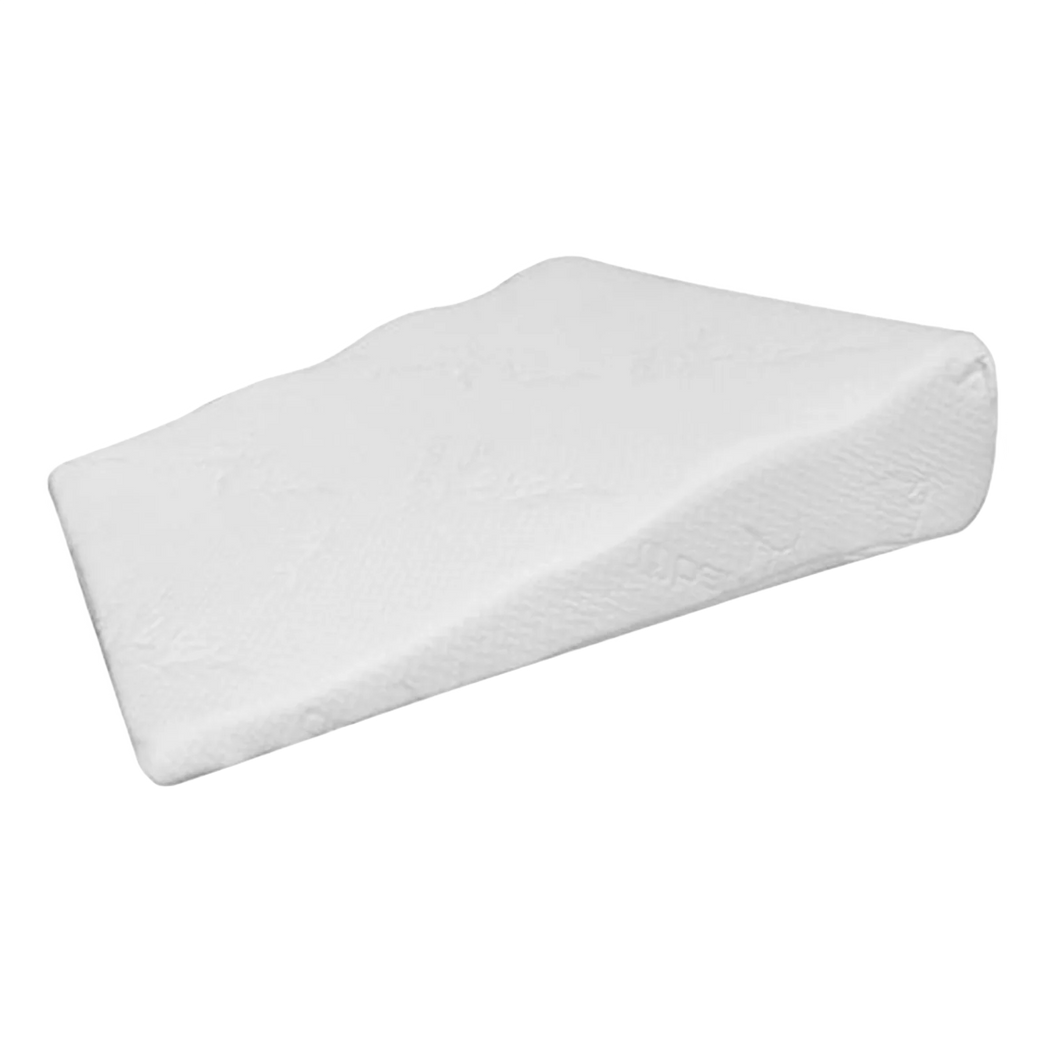Shoulder pain is a common issue that can affect people of all ages and backgrounds. It can be caused by a variety of factors, including overuse, trauma, and medical conditions such as arthritis or bursitis. However, many people don't realize that their sleeping positions can also play a significant role in exacerbating or even causing shoulder pain. In this comprehensive guide, we'll explore the connection between sleeping positions and shoulder pain, and offer tips and strategies to help you alleviate discomfort and improve your overall sleep quality.
The Anatomy of the Shoulder Joint
Before we dive into the topic of sleeping positions and shoulder pain, it's essential to have a basic understanding of the anatomy of the shoulder joint. The shoulder joint is one of the most complex and mobile joints in the human body. It consists of three bones: the clavicle (collarbone), scapula (shoulder blade), and humerus (upper arm bone). These bones are held together by a network of muscles, tendons, and ligaments, which work together to allow a wide range of motion.
The rotator cuff is a group of four muscles that surround the shoulder joint and help to keep it stable. These muscles include the supraspinatus, infraspinatus, teres minor, and subscapularis. The rotator cuff is prone to injury and can be a significant source of shoulder pain.
How Sleeping Positions Affect Shoulder Pain
Sleeping positions can play a significant role in exacerbating or even causing shoulder pain. There are three primary sleeping positions: sleeping on your back, side, or stomach. Let's take a closer look at how each of these positions can affect shoulder pain.
Sleeping on Your Back
Sleeping on your back is generally considered the best position for shoulder health. When you sleep on your back, the weight of your body is evenly distributed, and there is no pressure on the shoulder joint. This position allows the shoulder to rest in a neutral position, reducing the risk of strain or discomfort.
However, if you have pre-existing shoulder pain, sleeping on your back may not be the best option, as it can exacerbate the pain. In this case, it's essential to consult with a healthcare professional for a proper diagnosis and treatment plan.
Sleeping on Your Side
Sleeping on your side is a popular sleeping position, but it can also cause shoulder pain. When you sleep on your side, the weight of your upper body is placed on the shoulder, potentially causing compression of the rotator cuff muscles and tendons. Additionally, sleeping on your side with your arm extended overhead can cause impingement of the shoulder joint and lead to pain and discomfort.
If you prefer to sleep on your side, consider using a pillow to support your arm and reduce pressure on the shoulder joint. Placing a pillow between your legs can also help to align your spine and reduce strain on the shoulder.
Sleeping on Your Stomach
Sleeping on your stomach is generally considered the worst sleeping position for shoulder health. This position places the most stress on the shoulder joint and can lead to strain and discomfort. Sleeping on your stomach also requires you to turn your neck to one side, potentially causing neck pain.
If you have a habit of sleeping on your stomach, it's essential to make adjustments to your sleeping position to reduce strain on the shoulder joint. Consider sleeping on your side or back, and avoid sleeping with your arm extended overhead.
Tips and Strategies to Alleviate Shoulder Pain
If you experience shoulder pain, there are several steps you can take to improve your sleeping position and reduce discomfort. Here are some tips and strategies to consider:
Adjust Your Sleeping Position
As we've already discussed, adjusting your sleeping position can significantly reduce shoulder pain. If you currently sleep on your side or stomach, consider transitioning to sleeping on your back. If you prefer to sleep on your side, use a pillow to support your arm and reduce pressure on the shoulder joint.
Invest in a Quality Mattress and Pillow
A quality mattress and pillow can make a significant difference in your overall sleep quality and comfort. Look for a mattress that provides adequate support for your body and helps to distribute your weight evenly. Consider investing in a pillow that is specifically designed to support the neck and shoulders, such as a memory foam pillow.
Apply Heat or Cold Therapy
Heat or cold therapy can be an effective way to reduce shoulder pain. Apply a heating pad or warm compress to the affected area for 15-20 minutes at a time, or use a cold pack or ice pack to reduce inflammation and swelling.
Stretch Regularly
Stretching can help to improve flexibility and reduce muscle tension, which can contribute to shoulder pain. Try incorporating gentle stretching exercises into your daily routine, focusing on the muscles surrounding the shoulder joint.
Seek Professional Treatment
If you experience persistent or severe shoulder pain, it's essential to seek professional treatment. A healthcare professional can diagnose the root cause of your pain and provide appropriate treatment, which may include physical therapy, medication, or surgery.
sleeping positions can play a significant role in exacerbating or even causing shoulder pain. By adjusting your sleeping position, investing in a quality mattress and pillow, applying heat or cold therapy, stretching regularly, and seeking professional treatment when necessary, you can alleviate shoulder pain and improve your overall sleep quality. If you experience persistent or severe shoulder pain, don't hesitate to seek professional help to get the relief you need.








